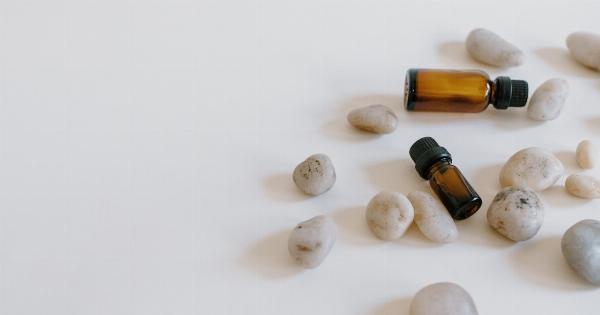A cough can be a frustrating and uncomfortable symptom of a cold or flu. While it’s always a good idea to see a doctor if your cough persists or becomes severe, there are some things you can try at home to help ease your symptoms.
Here are some of the best ways to get rid of a cough without seeing a specialist:.
1. Stay Hydrated
One of the easiest and most effective ways to help relieve a cough is to stay hydrated. Drinking plenty of water, herbal tea, or clear broths can help thin the mucus in your throat, making it easier to cough up and clear out of your system.
2. Use a Humidifier
Dry air can irritate your throat and make your cough worse. Using a humidifier in your bedroom can help moisten the air, making it easier to breathe and reducing the irritation in your throat.
Just be sure to keep your humidifier clean to prevent the growth of mold and bacteria.
3. Try Steam Therapy
Another way to add moisture to the air is to take a steamy shower or inhale steam from a hot bowl of water. Breathing in the steam can help soothe and moisturize your inflamed throat and ease your cough.
4. Gargle with Salt Water
Gargling with warm salt water can help reduce the inflammation in your throat, ease your cough, and help kill bacteria. Try mixing 1/4 to 1/2 teaspoon of salt into 8 ounces of warm water and gargling for 15 to 30 seconds before spitting it out.
5. Use Honey
Honey has natural cough-suppressing properties and can help soothe your throat. Try stirring a spoonful of honey into warm tea or hot water or just eating a spoonful of honey on its own. Just be sure not to give honey to children under the age of one.
6. Drink Lemon Water
Lemons contain vitamin C and antioxidants that can help boost your immune system and relieve your cough. Squeeze a lemon into a glass of warm water and drink it first thing in the morning or before bed.
7. Elevate Your Head
If your cough is worse at night, try propping up your head with extra pillows to help reduce postnasal drip and ease your symptoms.
8. Use over-the-counter Medications
Over-the-counter cough and cold medications can help relieve your symptoms, but be sure to choose a medication that specifically targets your symptoms and follow the dosing instructions carefully.
Keep in mind that these medications may have side effects, such as drowsiness or dizziness, so be sure to avoid driving or operating heavy machinery while taking them.
9. Stay Rested
Getting plenty of rest is important for allowing your body to heal. Be sure to get enough sleep and avoid overexerting yourself while you’re sick.
10. Avoid Irritants
Cigarette smoke, air pollution, and other irritants can make your cough worse and irritate your throat. Try to avoid these irritants as much as possible while you’re recovering.






























